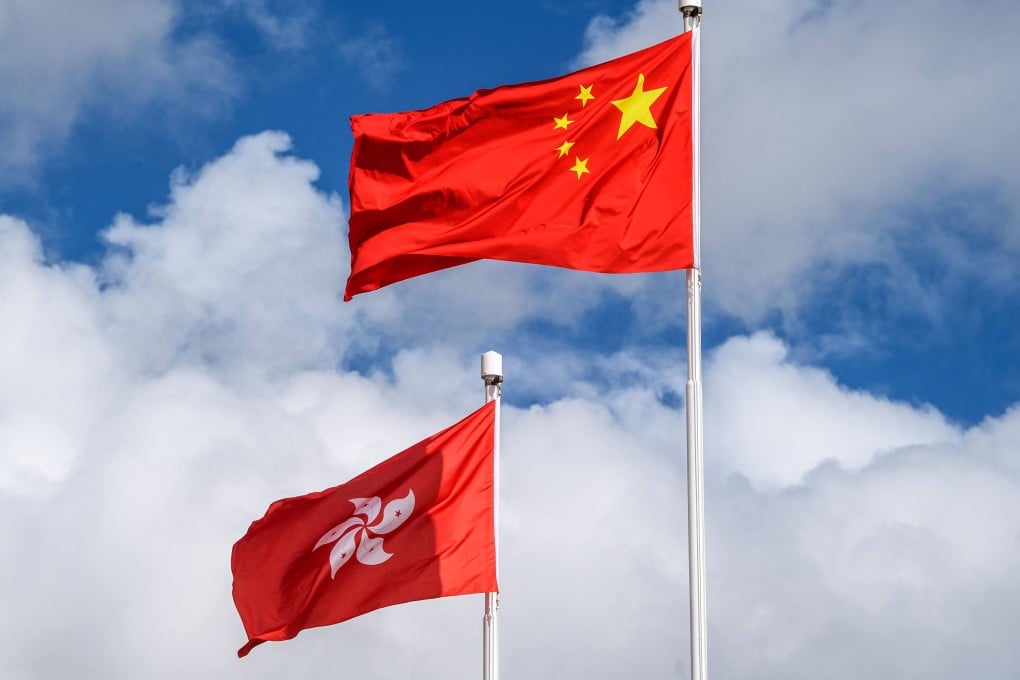My Take | Hong Kong’s unique features are as vital now as they were in 1997
- As the city seeks to move on from recent troubles and meet the challenges ahead, the concept behind ‘one country, two systems’ is the best hope

Hong Kong’s return to China in 1997 was a leap into the unknown. No one knew how the famously capitalist city, a British colony for more than 150 years, would fare as part of a communist country.
As we mark the 27th anniversary of the handover on Monday, questions about Hong Kong’s future under the “one country, two systems” concept remain. It is still work in progress.
The city has undergone sweeping changes following civil unrest in 2019, new national security laws and political reforms. It is battling to recover from the social and economic impact of the pandemic.
Some argue that one country, two systems, with its promise that Hong Kong’s way of life would remain unchanged, has already run its course. Beijing, meanwhile, has repeatedly declared its continued commitment to the concept.
The reality is that it remains the best hope for Hong Kong. There is simply no alternative but to make the best of the arrangements.
Over the years the form they have taken has changed as have the hopes and expectations of many Hong Kong people.

